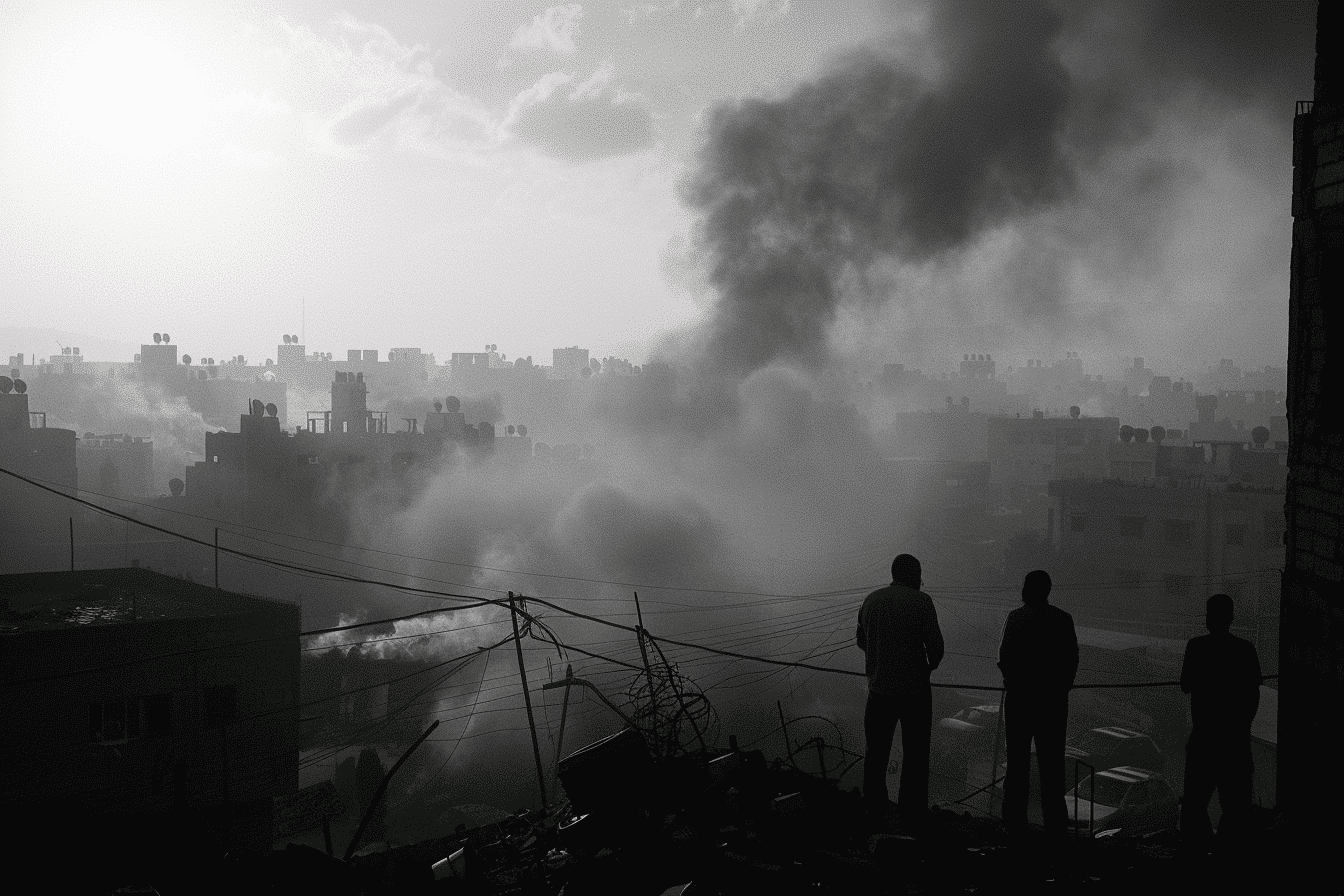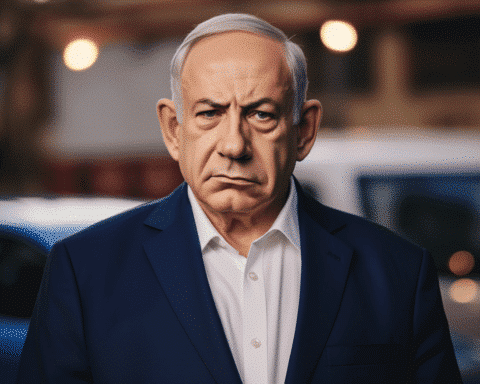In a pivotal development, Hamas has initiated further cease-fire discussions in Egypt, marking a significant step forward in the ongoing peace efforts in the Middle East. The latest round of talks aims to broker peace between Israel and Hamas, potentially ending the prolonged conflict that has devastated Gaza. With a delegation officially sent to Cairo, the dialogue reflects a combination of hope and complexity amid international mediation efforts.
Progress in Negotiations
The Journey Towards a Cease-Fire Agreement
Hamas has confirmed its commitment to achieving peace by sending a delegation to Egypt, which indicates potential progress in cease-fire negotiations. As mediators from Egypt and the United States report a newfound willingness for compromise, the focus remains on Israel’s acceptance of the terms necessary to conclude hostilities without achieving its goal of dismantling Hamas completely. A dire U.N. report underscores the stakes, suggesting that even if hostilities ceased immediately, Gaza’s reconstruction would extend until 2040, with profound long-term economic repercussions.
Proposal Details
Three-Stage Peace Plan Unveiled
Central to the discussions is a three-stage proposal crafted by U.S. and Egyptian mediators, which Israel has tentatively accepted. This plan commences with a six-week cease-fire and a partial release of Israeli hostages, followed by negotiations aimed at a “permanent calm” that would include some form of Israeli withdrawal from Gaza. Hamas seeks firm guarantees for a complete withdrawal and a definitive end to the conflict, reflecting both sides’ complex demands and expectations.
Leadership and Diplomacy
High-Level Engagement and International Hopes
Hamas leader Ismail Haniyeh has actively engaged with Egypt’s intelligence chief, expressing a “positive spirit” towards the cease-fire proposal. Additionally, discussions have involved other influential mediators like the Qatari prime minister, emphasizing the broad regional interest in resolving the conflict. The international community remains hopeful that this deal could significantly mitigate the humanitarian crisis in Gaza and prevent further military actions, particularly in Rafah, a critical conflict zone.
Challenges and Skepticism
Continued Tensions and Uncertain Outcomes
Despite these efforts, the path to peace is fraught with challenges. Israeli Prime Minister Benjamin Netanyahu maintains a rugged stance, insisting on continued military presence in Gaza even post-conflict. Meanwhile, skepticism within Hamas about the ambiguity of the deal’s language suggests a rocky road ahead. The real test will be whether both parties can agree to the initial stages of the proposal, aiming to stave off further devastation in Rafah and beyond.
As cease-fire talks continue, the world watches with bated breath, hoping this round of negotiations in Cairo can significantly reduce hostilities and pave the way for a lasting peace. While the challenges are immense, the concerted efforts of international mediators and the engagement of Israeli and Palestinian leaders suggest a window of opportunity. Ultimately, the success of these talks could mean not just an end to the fighting but a new beginning for millions affected by the conflict.




